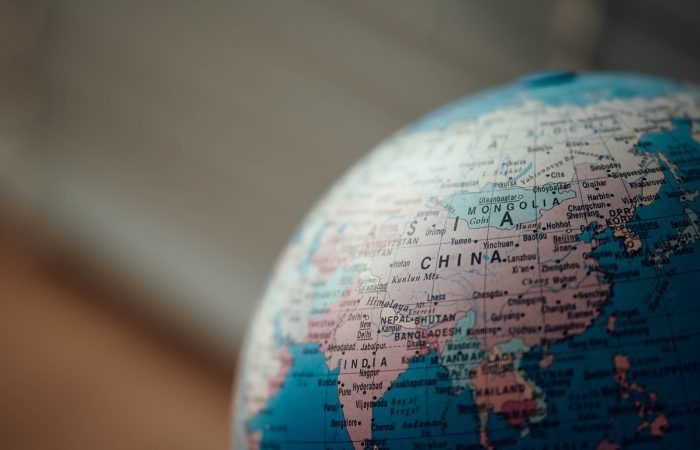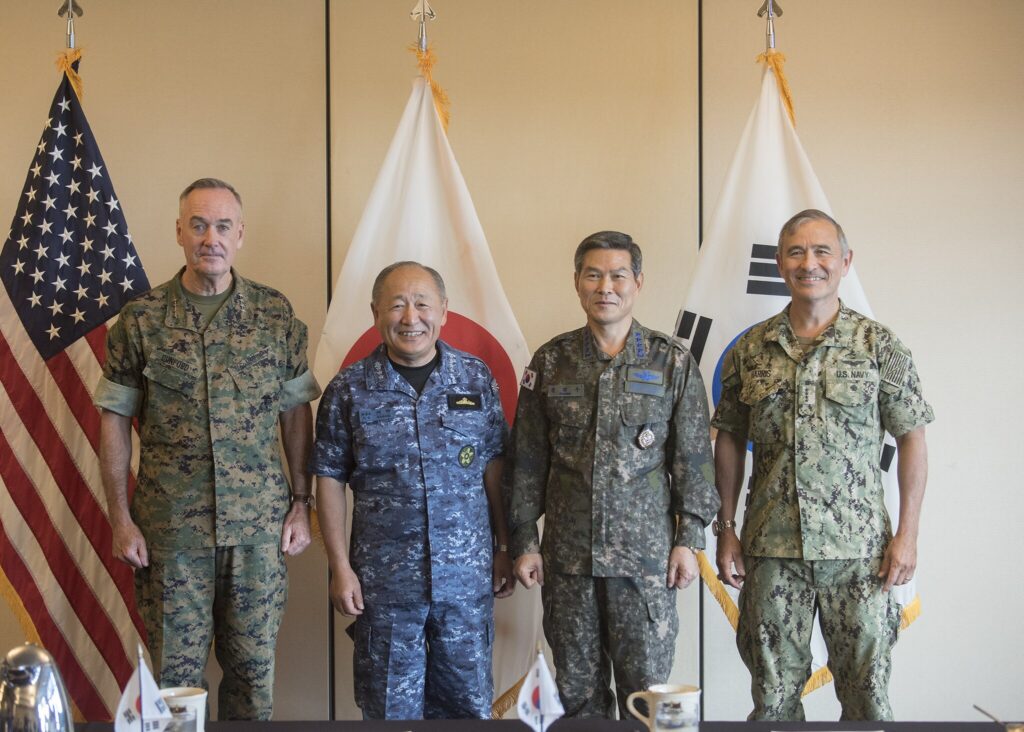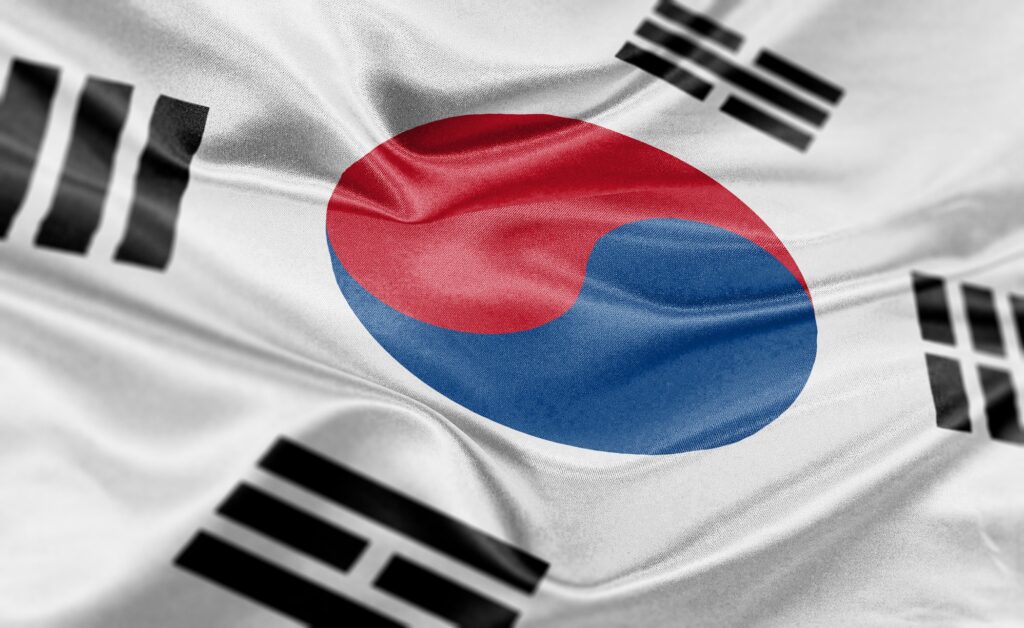Indonesian policies on IUU fishing
The Indonesian fisheries sector has suffered agonisingly from IUU fishing (illegal, unreported, and unregulated fishing), with an economic loss of2000 trillion (about US$ 140 billion) in 2018 asserted by the Ministry of Marine Affairs and Fisheries.
IUU fishing in Indonesia is conducted by both Indonesian and foreign-flagged vessels with the latter in majority, which appear massively in Indonesia’s claimed exclusive economic zone (EEZ),particularly the Natuna waters, where there is overlapped fishing rights claimed by Indonesia and other neighbouring states.
In combating rampant illegal fishing, the Indonesian government has taken concrete actions. Ms Susi Pudjiasturi, the then minister of Marine Affairs and Fisheries Ministry,favoured ahardline policy.Asserting that illegal fishing boats that did not rest in the bottom of the ocean always found their way back to their owners, she implemented the “sink the vessels” policy against IUU fishing in 2014. Under her guidance duringthefive-year term in office, the government sank more than 500 fishing vessels flying non-Indonesian flags, most of which were Vietnamese.
Minister Susi was succeeded by EdhyPrabowoin in October 2019, arguing that Ms Susi’s policy was the result of ineffective communication between the ministry and other stakeholders in the fishery sector. He thought that captured foreign fishing boats docked at local ports might be for better use, such as handing over the vessels to fishermen, co-operatives, and local governments or universities for training purposes. Meanwhile, he promised that the government would periodically check whether the boats weresold back to their original owners, but emphasized “that doesn’t mean we will never sink these vessels anymore.”
Are thesepolicies effective?
Evaluating the effectiveness of these policies (especially Ms Susi’s), there are two different voices. The Indonesian government and official media have underlined the importance in tackling IUU fishing and promotingthe sustainable development of the ocean.The head of Business Cooperatives Forum Mina BatamMadani Musa Muhammadhighlighted that Ms Susi’s tough measures had significantly reduced the rate of illegal fishing in Indonesia. The Jakarta Globepointed out that there was an increase in biomass in Indonesian watersbecause of Susi’s measures, which not only reducedthe amount of IUU fishing in Indonesia, but alsoimproved the economic outlook for local fishermen.A study by scholars from the University of Indonesia in 2018 also asserted that her policies had contributed significantly to increasing Indonesia’s fish stock.
On the other hand, some Indonesian academies and government ministriesthoughtthat Susi’s policies should not be overpraised. The Indonesian Chamber of Commerce and Industry released a set of data in 2019 showing that Indonesia’s fish export had fallen to its lowest in five years. Complaints from traditional fishermen were also heard, because this group of people had no longer to sail far into the ocean to find fish during the five years of Susi’s ministership.
A fact-based analysis may reveal more problems.Economically, statistics indicatethat fish export of Indonesia did not automatically increase despite the boost in fish stock because Indonesian fishermen lacked the expertise and facilities to catch and market them. Monitoring data also show that IUU fishing is still active this year in Indonesian watersdespite the spread of COVID-19.During a short period from June to October, at least 31 foreign fishing vessels were seized for IUU fishing within Indonesia’s claimed EEZ. This is confirmed by an appeal ofthe Destructive Fishing Watch (DFW) to the Indonesian government for increasing patrols in the Natuna waters.
Diplomatically, ongoing protests from neighbouring states arising from such a rough tactic have not only exerted external pressures on Indonesia, but also resulted in uninterrupted fishing conflicts between them. On 30 April 2019, a collision between Indonesia and Vietnam took place when an Indonesian patrol ship intercepted an illegal Vietnamese fishing boat in the Natuna waters. “Tensions in the disputed water were on a knife edge”, as Sam Stevenson said. In December 2019, China and Indonesia clashed over encroachment by Chinese fishing boats around the Natuna Islands, leading the latter to file a diplomatic protest with China. Stepping into 2020, with more maritime law enforcement forces coming in, the South China Sea shows a sign of destabilization.
Moving toward Cooperation
Preceding analysis shows that Indonesian unilateral activities have limited effect on tackling IUU fishing both economically and diplomatically. In order to manage crisis and maintain stability of the South China Sea, the war against IUU fishing should not be abandoned completely, but more constructive approaches may also be taken into consideration. In this regard, Minister Edhy has initiated a good start. In a speech at the official handover ceremony,he emphasized he would fight for traditional fishers and businesses in the marine and fisheries sector, push for improvements in the country’s aquaculture sector, and focus more on increasing Indonesia’s fish export.
But that is still not enough. It is widely accepted that Indonesian approaches dealing with IUU fishing need to be in line with typical Southeast Asia cultures and international laws. To fulfil the aim, negotiation rather than confrontation, moving cooperative rather than going it alone, might be more applicable.
First, initiating a consultation mechanism on multilateral fisheries cooperation and crisis management. Illegal fishing may trigger conflicts or tension in the diplomatic relation between states. A well-designed mechanism at a multilateral level may hence not only contribute to improving mutual information share and confidence building, but also prevent fisheries disputes triggering the tensions and turbulence in the South China Sea.
Second, shelving dispute and promoting cooperation. Indonesia does not claim any features in the South China Sea but has been dragged into the contest because its claim of fishing rights around the Natuna Islands overlaps with some other claimant states. That’s also why the Natuna waters become a hotspot of Indonesia-classified IUU fishing. The maritime delimitation in the disputed areas seems impossible to be fished in the short run, negotiating a feasible provisional arrangement to prevent skirmishes at sea shall be considered at present, such as creating a framework of cooperation for the preservation and management of fisheries resources. Within this framework, investigating fishery resources, delimitating fishery protected areas,designatingfishing closures and jointly patrolling can be attempted.
Third, focusing on maritime capacity building and technology improving. Rampant IUU fishing has a lot to do with Indonesia’s lack of surveillance ships and monitoring equipment. A part from the input of capital and human resources, these maritime facilities also rely on advanced technology such as maritime AI, ocean big data, satellite monitor. The creation of the intelligence hub, Indonesian Maritime Information Center (IMIC), is a sound initiative in this regard, but not enough. Considering the necessary capital and technology involved, there is a possibility for Indonesia and neighbouring states to cooperate based on better distributing and mobilizing limited resources.
Fourth, promoting technical cooperation in aquaculture and fisheries processing between Indonesia and other South China Sea claimants. It has been pointed out that the limited scale of Indonesian fisheries economy is partially attributed to small and medium-sized fishing boats and traditional fishing technique cantrang. Hence the optimization of the fishery structure has been prohibited. In order to the reduce the dependence on traditional fishing and increase the willingness to cooperate in the sustainable development of fishery resources, Indonesia shall expand its cooperation with other countries around the South China Sea in the fields of freshwater aquaculture, deep-sea cage aquaculture, marine ranching, breeding and releasing of fish, marine fishery products processing, etc.
It is understandable that Indonesia is faced with a tense demand of its people to bring the historical glorious ocean victor back inspired by the Global Maritime Fulcrum (GMF) initiative. Aggressive measures against IUU fishing is thus supportive for Indonesian attention. As mentioned, the ultimate goal should fall on ensuring welfare for fishermen and maintaining a sustainable use of oceans, therefore, cooperative and constructive approaches may be more beneficial for promoting Indonesia’s GMF. It is also necessary to point out that, above mentioned suggestion is not only applied to Indonesia, but also to other claimants in a common effort to maintain the stability and prosperity of the South China Sea.
(Xu Xiaodong is a postdoctoral researcher at National Institute for South China Sea Studies, Chen Pingping is the Deputy Director of Research Centre of Maritime Economy at National Institute for South China Sea Studies)




